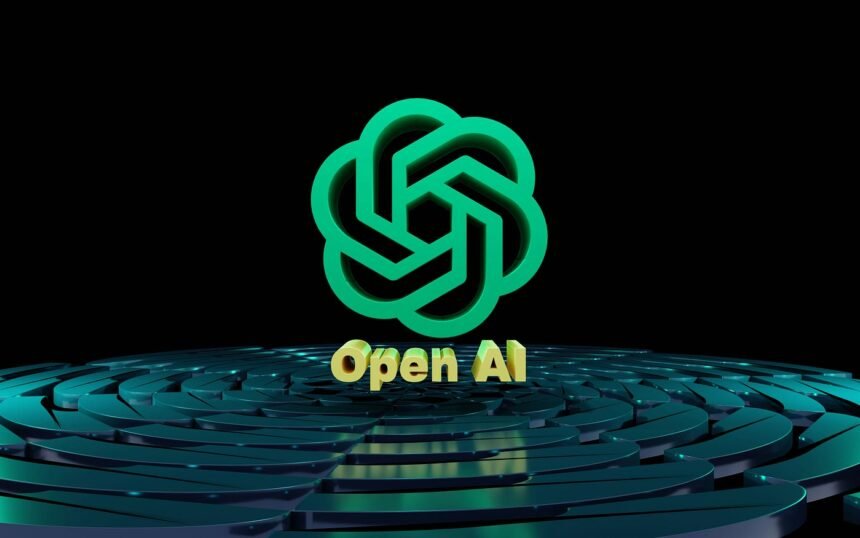Artificial Intelligence (AI) has been revolutionized with the advent of Natural Language Processing (NLP). NLP is a subfield of AI that focuses on the relations between human language and computers.
It involves the ability of computers to understand, interpret, and generate human language, making communication between humans and machines much easier. In this article, we will explore the significance of NLP in AI and how it is revolutionizing how we interact with computers.
Understanding Natural Language Processing (NLP)

Natural Language Processing (NLP) combines computational linguistics, computer science, and Artificial Intelligence, focusing on the interaction between human language and computers. It involves the ability of computers to understand and interpret human language and to generate human-like responses.
Natural Language Processing is used in many applications, such as chatbots, voice assistants, and machine translation. With the help of NLP, computers can understand the meaning of words, the context in which they are used, and even the emotions behind them.
Importance of NLP in AI

Natural Language Processing plays a critical role in AI because it allows machines to understand and interpret human language, which is essential for many applications. For example, chatbots use NLP to understand customer queries and provide relevant responses.
Similarly, voice assistants like Siri and Alexa use NLP to understand voice commands and perform tasks. Machine translation also uses NLP to translate text from one language to another.
NLP is also crucial for sentiment analysis, which determines the sentiment behind a text. Sentiment analysis is used in many applications, such as social media monitoring, brand monitoring, and customer feedback analysis. With the help of NLP, machines can understand the emotions behind a text and determine whether it is positive, negative, or neutral.
NLP is also used in text mining, extracting valuable information from unstructured text data. Text mining is used in many applications, such as market research, fraud detection, and risk management.
With the help of NLP, machines can extract valuable insights from unstructured text data, which would require more work for humans to do manually.
Applications of NLP

NLP has many applications in various fields, such as healthcare, finance, and education. In healthcare, NLP analyzes medical records and provides better patient care.
In finance, NLP is used for fraud detection, risk management, and market analysis. In education, NLP analyzes student feedback and improves teaching methodologies.
NLP is also used in social media monitoring, where it is used to analyze the sentiment behind social media posts. Companies use this information to understand customer feedback, monitor brand reputation, and improve customer service.
Conclusion

Natural Language Processing (NLP) has revolutionized how we interact with computers. With the help of NLP, computers can understand, interpret, and generate human language, making communication between humans and machines much easier.
NLP is crucial for many applications, such as chatbots, voice assistants, sentiment analysis, and text mining. It has many applications in various fields, such as healthcare, finance, and education. With the increasing importance of AI, NLP is expected to become even more critical in the future.













